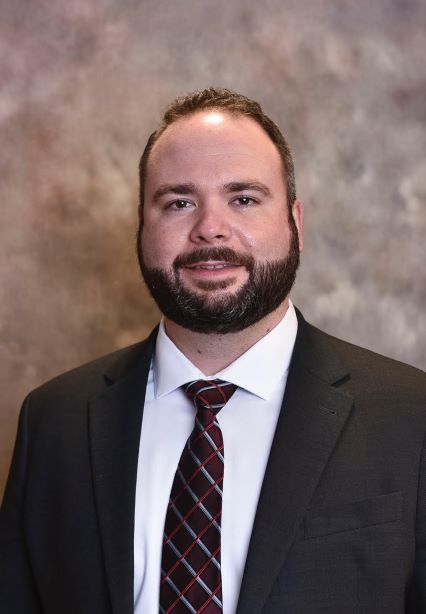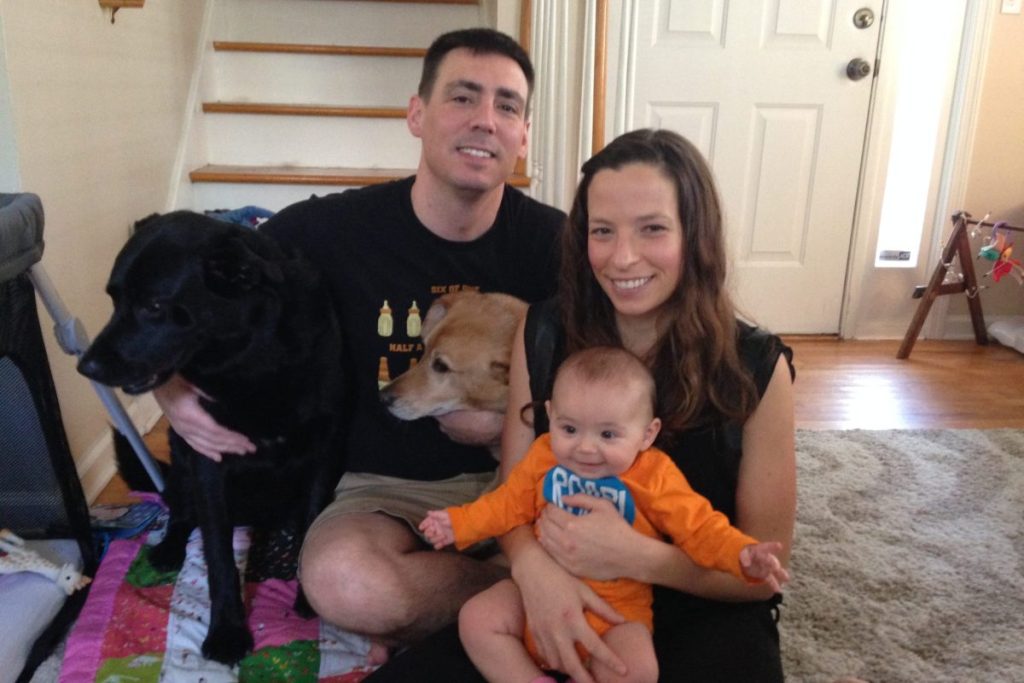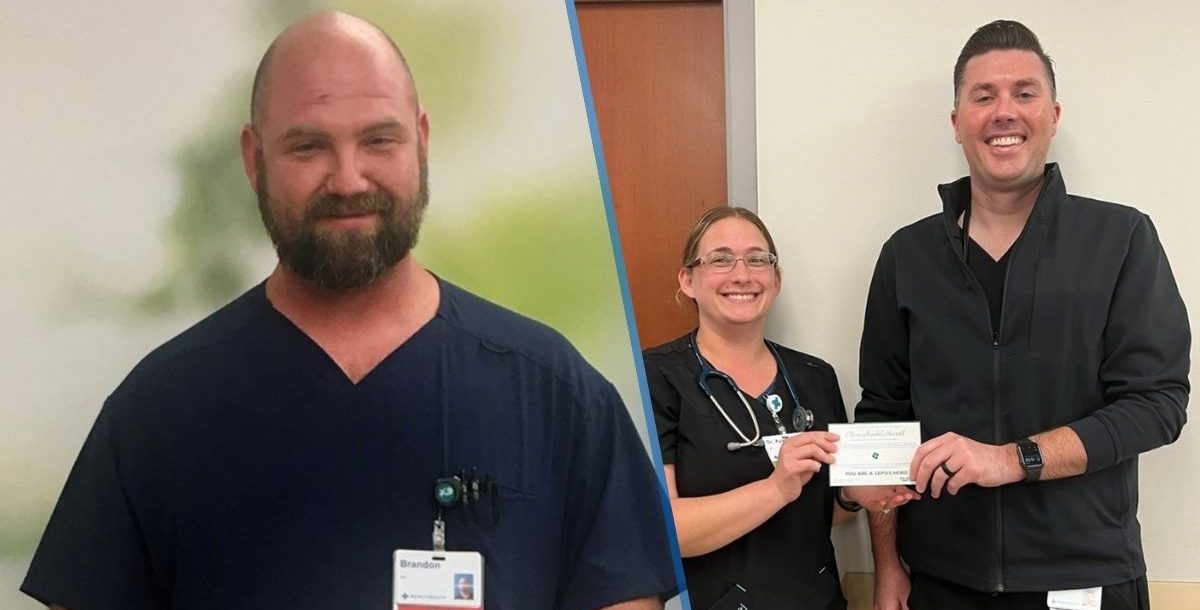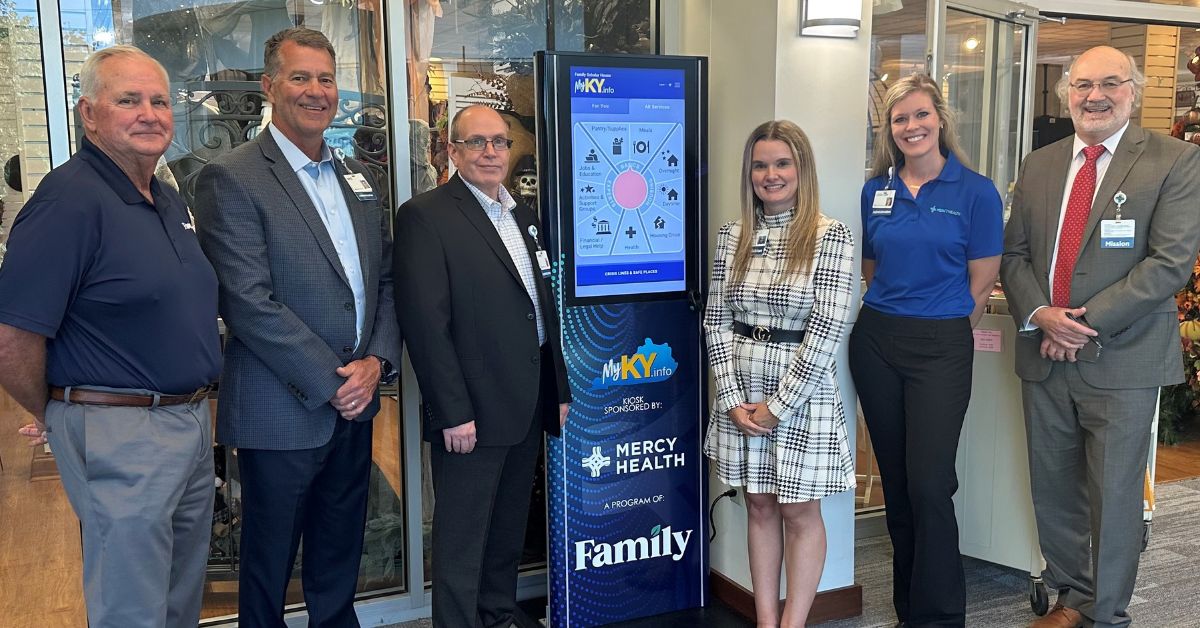It’s a condition many people may have never heard of or at least don’t know very much about. Yet, sepsis is responsible for killing more people than heart attacks or even cancer.

“We spend a lot of time in health care discussing the signs of a heart attack or symptoms of a stroke, which is very important. However, sepsis actually carries a much higher risk of death if left untreated,” Frank Farkash (pictured in copy), executive director of emergency and ambulatory services in our Springfield market, explains. “Make no mistake – sepsis is a medical emergency, and you should seek immediate medical attention if you or a family member exhibits symptoms of sepsis.”
Sepsis is the body’s extreme reaction to infection. It can cause tissue damage and organ failure, leading to amputation or even death.
The acronym TIME can help you remember the warning signs:
- Temperature: Is the person’s temperature abnormally high or low?
- Infection: Has the person had a recent injury, surgery or infection?
- Mental decline: Is the person confused, sleepy, difficult to rouse?
- Extremely ill: Is the person experiencing severe pain, discomfort or shortness of breath?
The Sepsis Alliance found as many as 80 percent of sepsis deaths could be prevented with rapid diagnosis and treatment. So, our Springfield market has formed a sepsis committee. It’s made up of 30 people – ranging from infection prevention and nursing to lab and emergency department team members – who meet monthly to discuss ways to raise awareness and improve sepsis care through early recognition and quick treatment.
The tricky part about sepsis is many of its symptoms can be confused with, or related to, other medical conditions. Learning how to discern when sepsis is involved is a top priority for our ministry – not just in Springfield, but in all of our markets.
“As a ministry, we are currently evaluating multiple ways to improve the rapid recognition of sepsis and septic shock in our clinical areas,” Farkash adds. “This ranges from investments in artificial intelligence, expanded clinical staff education and partnerships with local EMS providers to identify potential infections and sepsis even before patients reach our emergency departments.”
Something else we are doing is raising awareness for sepsis through a very special recognition – the Clover Award.

It’s named after Clover Harrold, who was just days shy of turning 10 months old when she died as a result of sepsis. Her parents (pictured with Clover in copy) are now using their tragic loss to help save others through this award, which honors providers that identify the signs of sepsis quickly enough to allow for life-saving treatment.
“We obviously think the more attention we can bring to sepsis, the more lives that will be positively impacted,” Clover’s father, Daniel, says. “It is also deeply meaningful for us to have Clover’s name used on the award. In all honesty, nothing can make losing Clover to sepsis any better. However, hearing her name and knowing others know she existed brings more peace to us.”
Each Clover Award winner receives a pin, shaped like a four-leaf clover, along with a note from the Harrolds about the significance of their contribution to fighting sepsis.
“Any time that we can positively recognize the great work that happens within our hospitals, that is important,” Farkash shares. “As leaders in health care, we spend hours each day working to improve processes and ensure that policies/procedures are being followed, etc., and this can lead to not always being as focused on celebrating the ‘wins’ that we should be. The Clover Award provides a great way to focus specifically on the care of sepsis patients within our emergency departments and other units.”
Our Springfield market awarded its very first Clover Award in June of this year to James Schneller, DO, (pictured above, right) and Brandon Colwell, RN, (pictured above, left) with our emergency services team.
Both Dr. Schneller and Brandon quickly recognized the warning signs of septic shock in a patient, allowing them to aggressively manage the patient’s care. This led to a more positive outcome for the patient and it’s the type of end result our ministry hopes to see more of as we continue to work spreading the word about the dangers of sepsis.
Learn more about the emergency care services we provide at Mercy Health.






